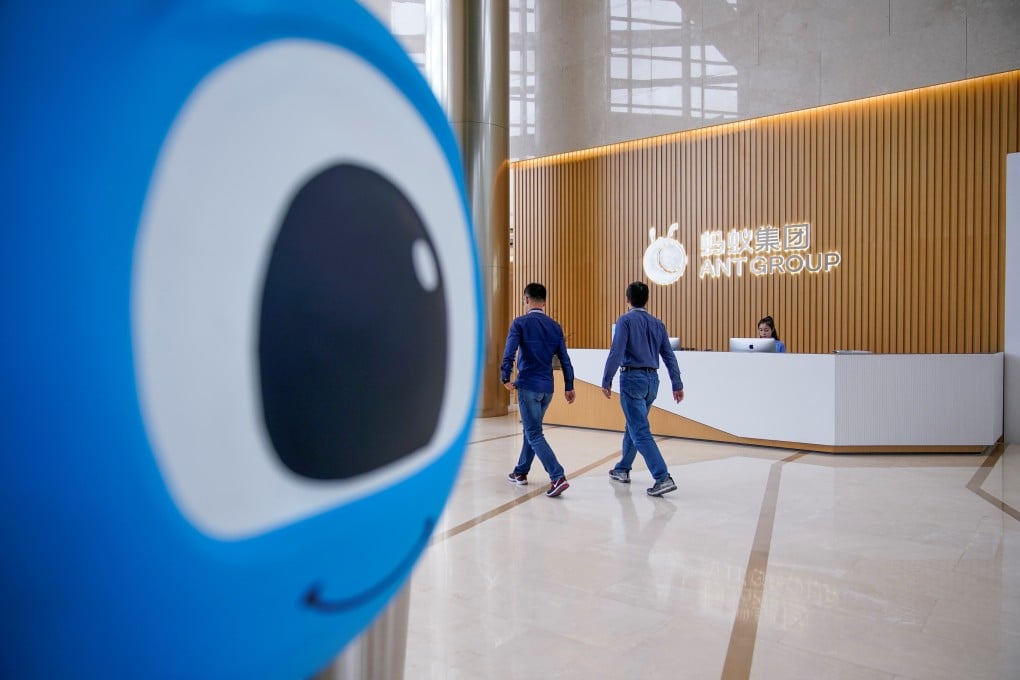Ant IPO: how US-China trade tensions are driving foreign investment in world’s largest public offering
- Pipeline of Chinese technology firm IPOs drawing strong foreign interest despite threats of American financial sanctions
- Analysts say scepticism is mounting over whether investment curbs by the United States on portfolio flows into China will materialise any time soon

Despite the looming threat of US financial sanctions against Chinese technology companies, Ant Group’s upcoming dual listing in Hong Kong and Shanghai has sent investors into a frenzy.
Thought by analysts to be an environment of mounting antagonism that could curb the ability of Chinese companies to raise foreign capital, the pipeline of stock activity is actually accelerating.
Alibaba, NetEase and JD.com are among the US-listed Chinese companies that have sought secondary listings in Hong Kong in the past year. And Ant Group’s US$34.5 billion dual listing – expected to go public this week – will be the world’s largest stock market debut ever.
But how long that window of opportunity remains open for Chinese firms remains to be seen.
“There will be investor appetite because Chinese companies are raising the money so long as it remains an option to do so legally,” said Drew Bernstein, co-managing partner at Marcum Bernstein & Pinchuk, which exclusively advises Chinese companies. “The door is still open for Chinese companies to raise billions of dollars, but the risk of doing this will be higher if you wait longer.”
As Hong Kong’s market gets bigger and bigger, this will attract even bigger global funds to come here and operate in the region